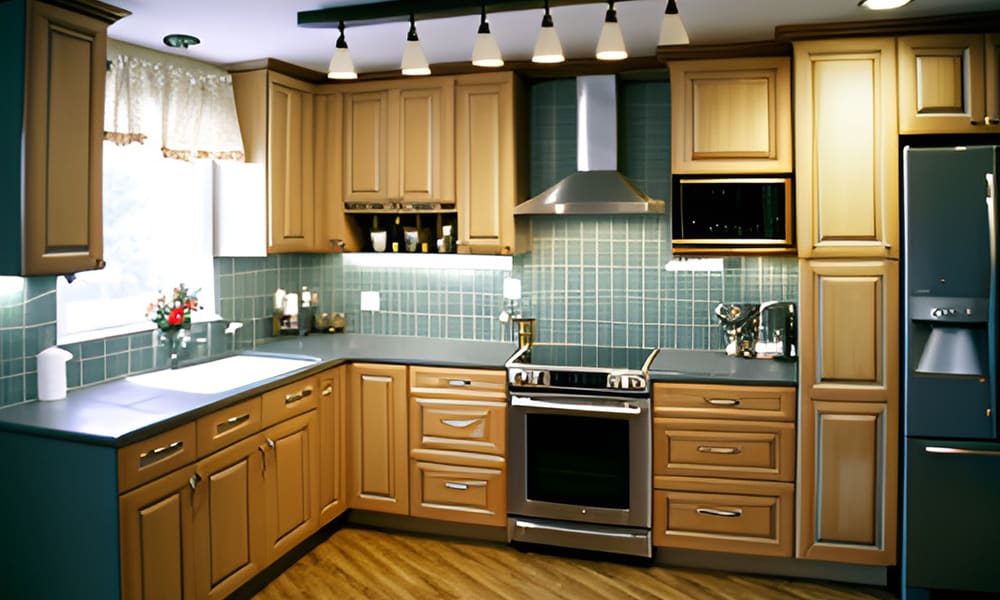Transform Your Kitchen: A Complete Remodeling Guide
A kitchen remodel is more than just updating appliances or changing cabinets – it's about creating a functional, aesthetically pleasing space that enhances your home's value and your daily life. Whether you're planning a complete overhaul or targeted updates, understanding the key aspects of kitchen remodeling helps ensure successful project outcomes and optimal return on investment.

Essential Design Elements to Consider
The kitchen work triangle – the space between your sink, stove, and refrigerator – forms the foundation of efficient kitchen design. Consider counter height, cabinet accessibility, and storage solutions that maximize space utility. Lighting plays a crucial role, combining task lighting for work areas with ambient lighting for overall illumination. Choose materials and finishes that balance durability with style while complementing your home’s overall aesthetic.
Popular Kitchen Layout Options
L-shaped kitchens offer excellent workflow and suit both small and large spaces. U-shaped designs maximize storage and counter space while creating an efficient work triangle. Island layouts provide additional prep space and casual dining options, while galley kitchens make efficient use of narrow spaces. Each configuration has distinct advantages, so choose based on your space constraints and lifestyle needs.
Understanding Kitchen Remodeling Costs
Kitchen remodeling costs vary significantly based on scope, materials, and location. Here’s a breakdown of typical expenses:
| Remodel Level | Scope | Average Cost Range |
|---|---|---|
| Minor Update | Paint, hardware, basic fixtures | $5,000 - $15,000 |
| Moderate Remodel | New counters, cabinets, appliances | $15,000 - $40,000 |
| Major Renovation | Layout changes, high-end materials | $40,000 - $75,000 |
| Luxury Remodel | Custom everything, structural changes | $75,000+ |
Prices, rates, or cost estimates mentioned in this article are based on the latest available information but may change over time. Independent research is advised before making financial decisions.
Selecting Materials and Finishes
Choose countertop materials based on durability, maintenance requirements, and budget – options range from budget-friendly laminate to premium natural stone. Cabinet selections include stock, semi-custom, and custom options, each offering different levels of customization and price points. Flooring should withstand heavy traffic and moisture while complementing your design scheme. Consider eco-friendly materials that offer both sustainability and style.
Managing the Remodeling Process
Successful kitchen remodeling requires careful coordination between various professionals. Work with licensed contractors, obtain necessary permits, and maintain open communication throughout the project. Create a detailed timeline for demolition, construction, installation, and finishing work. Regular project meetings help ensure work progresses according to plan and address any issues promptly. Document all changes and keep detailed records of expenses and agreements.
A well-executed kitchen remodel enhances both your home’s functionality and value. By carefully considering design elements, materials, and budget constraints while working with qualified professionals, you can create a kitchen that serves your needs for years to come.






